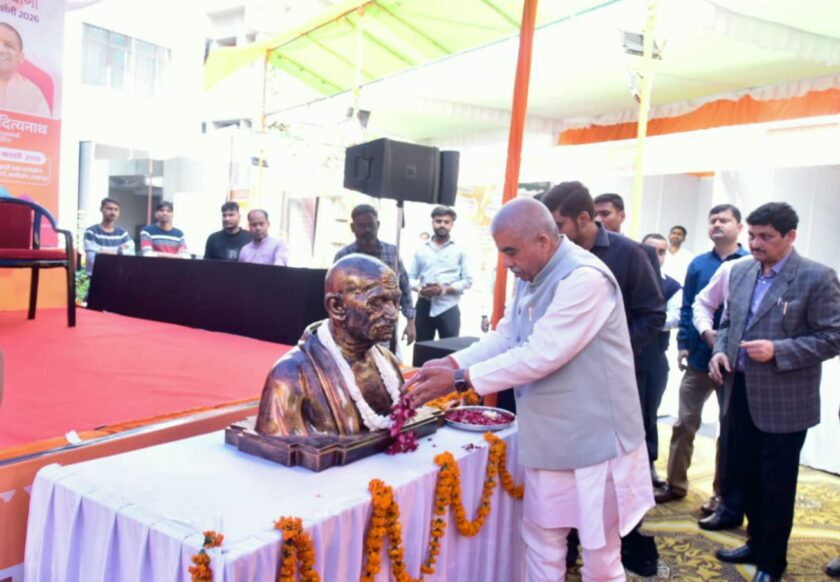New Delhi: The winter session of Parliament ended on a tumultuous note, marked by sharp exchanges between the ruling party and the opposition, who clashed over issues related to the Constitution and Dr. B.R. Ambedkar. The session witnessed heated debates surrounding the legacy and respect for Dr. Ambedkar, often revealing deep-seated political rivalries and strategies to appeal to the Dalit vote bank, which constitutes a significant 16.63% of India’s population.
Constitution Day and Political Controversies
Prime Minister Narendra Modi had earlier declared November 26 as Constitution Day in 2015 to honor Dr. Ambedkar’s contributions. During this session, Parliament held a special discussion to mark 75 years of the Constitution, with leaders from both sides highlighting its significance. However, the opposition accused the ruling BJP of disrespecting Dr. Ambedkar based on remarks by Home Minister Amit Shah, which they claimed were derogatory. This narrative became the focal point of their protests, despite Shah vehemently denying any intent to insult Ambedkar.
Opposition’s Political Maneuvering
The opposition, led by Congress, attempted to leverage the controversy to consolidate Dalit support, accusing the BJP of being anti-reservation and anti-Constitution. Congress leaders Rahul Gandhi and Priyanka Gandhi Vadra symbolically donned blue attire—associated with Ambedkar’s ideology—to project solidarity with Dalits. Similarly, the Aam Aadmi Party (AAP) amplified the controversy in its bid to gain traction in the Delhi Assembly elections. Other regional parties, including the Samajwadi Party (SP), followed suit, using Ambedkar’s image and ideology to further their political narratives.
Mayawati’s Calculated Criticism
BSP supremo Mayawati, a prominent Dalit leader, took a critical yet measured stance, accusing Congress, BJP, and SP of exploiting Ambedkar’s legacy for political gains. She reminded the public of Congress’s historical neglect of Ambedkar, citing incidents like his exclusion from the Constituent Assembly and delayed recognition with the Bharat Ratna. She also criticized SP for its past actions, such as renaming institutions linked to Ambedkar and failing to respect his contributions.

Historical Context and Congress’s Legacy
The Congress Party’s historical relationship with Dr. Ambedkar was also scrutinized. Ambedkar’s ideological differences with the Congress, particularly during the Round Table Conferences, and his resignation from Nehru’s cabinet in 1951 due to the perceived neglect of Dalit issues, were highlighted. Critics pointed out Congress’s pro-Muslim policies and its alleged sidelining of Ambedkar during and after his lifetime. The delay in awarding him the Bharat Ratna and the lack of memorials dedicated to him under Congress rule were presented as evidence of this neglect.
BJP’s Defense and Dr. Ambedkar’s Memorials
In response, the BJP defended its record on honoring Ambedkar, listing initiatives such as the development of the “Panchteerth”—five sites significant to Ambedkar’s life, including memorials in London, Nagpur, Mumbai, Delhi, and Mhow. Home Minister Amit Shah dismissed the allegations, asserting that BJP governments have consistently honored Ambedkar’s legacy, unlike the Congress, which only began embracing him after electoral losses.
A Battle for the Dalit Vote Bank
The session underscored how Dr. Ambedkar’s legacy continues to be a potent symbol in Indian politics, with parties across the spectrum vying for Dalit support. While the BJP showcased its initiatives to honor Ambedkar, the Congress and other opposition parties accused it of hypocrisy, using the controversy to highlight their own commitments to Dalit welfare. The debate reflects the ongoing political struggle to win the trust of one of India’s most influential demographic groups, shaping narratives around the Constitution and social justice for electoral gains.









